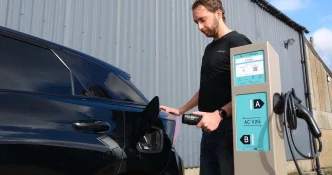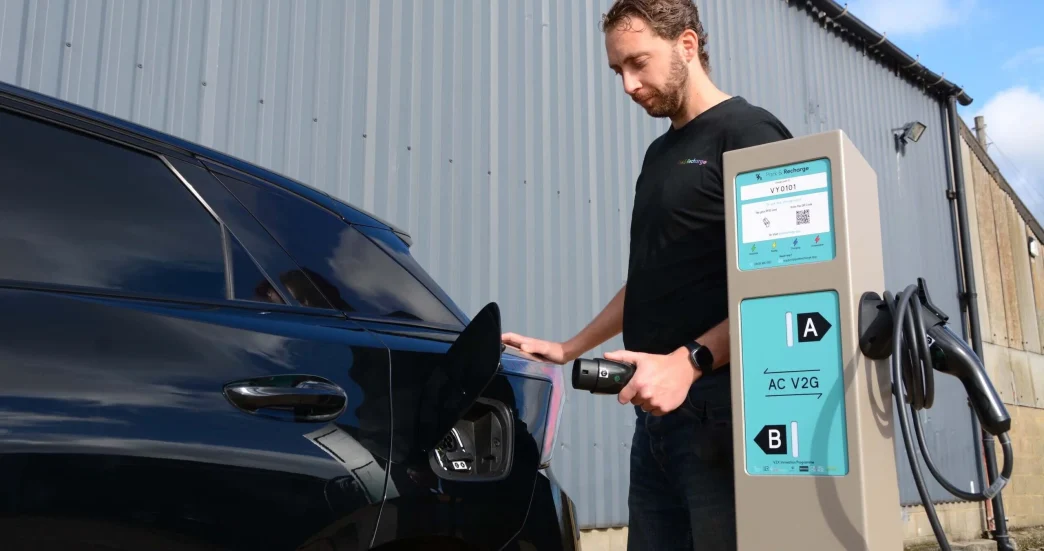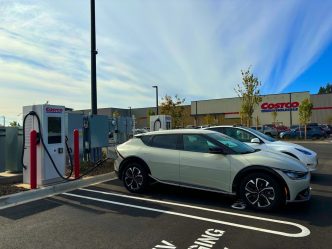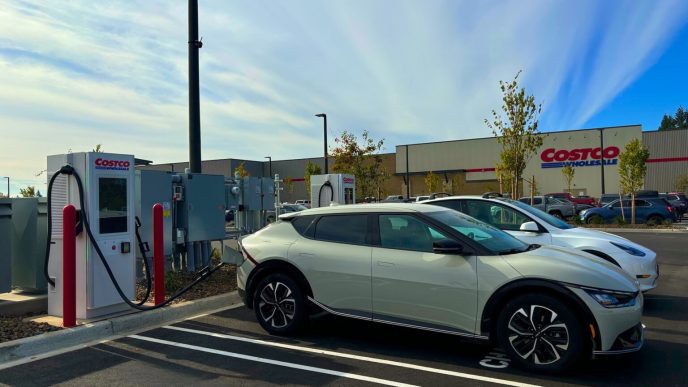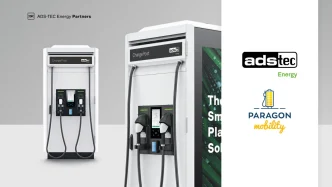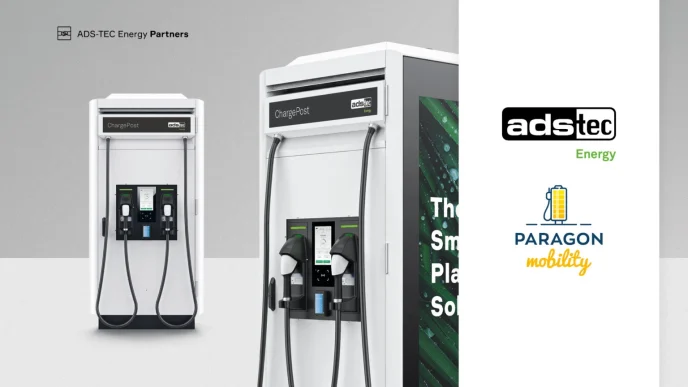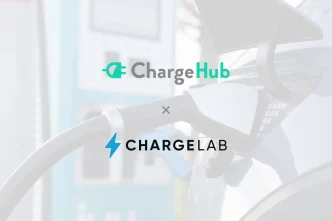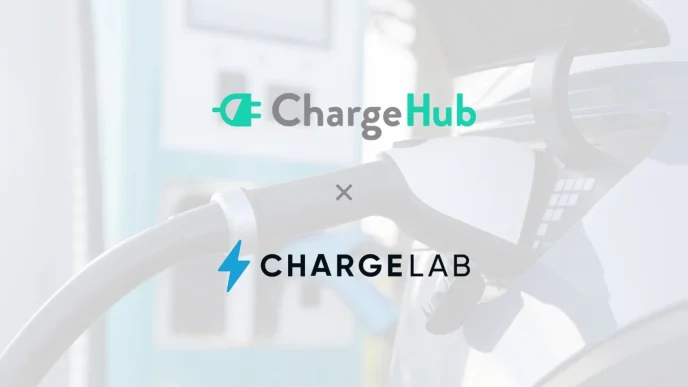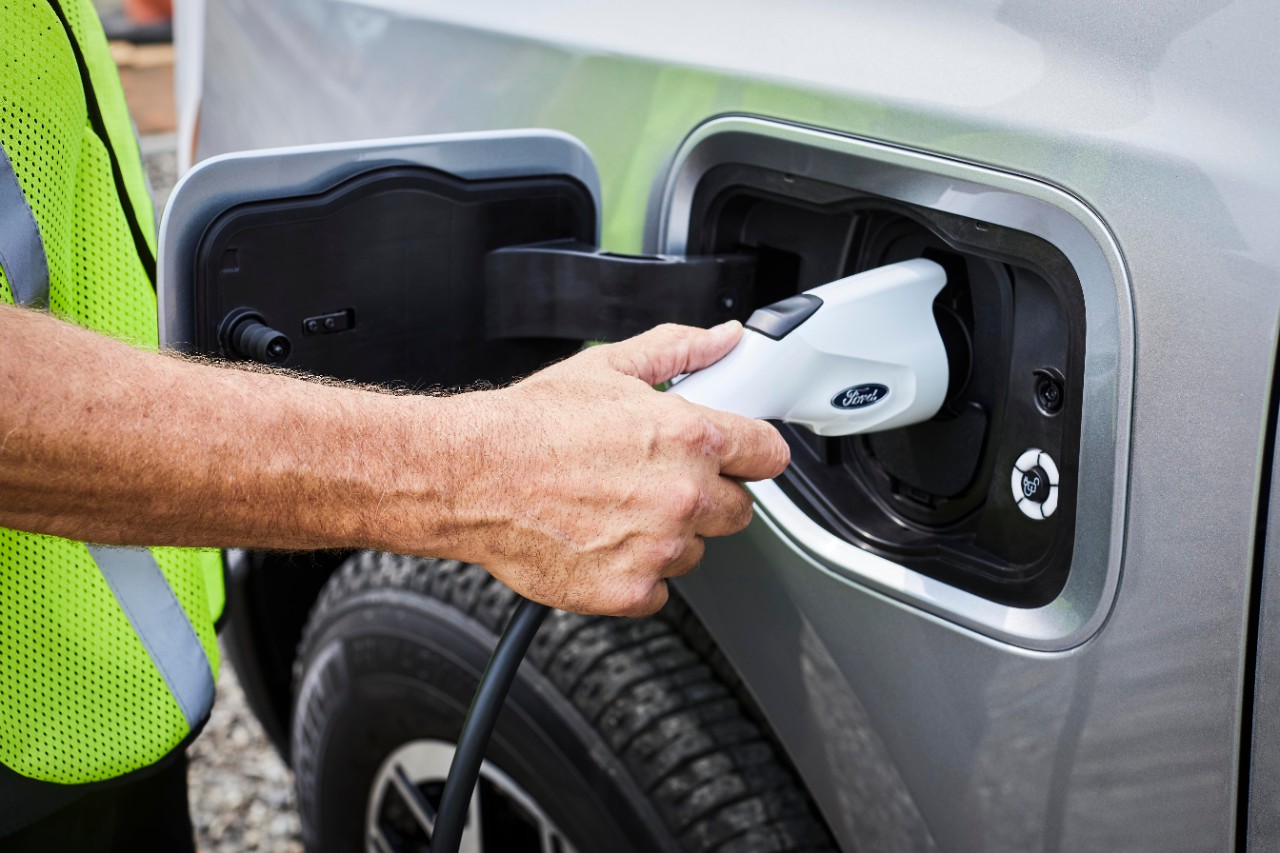A new trial in the UK, known as the V2VNY project, is testing cost-effective, vehicle-to-grid (V2G) workplace charging technology aimed at reducing both carbon emissions and energy costs. This initiative is the first to use an alternating current (AC) V2G charger instead of the traditional direct current (DC) technology, marking a potential shift toward more affordable options for EV owners and businesses looking to benefit from V2G at their workplaces and homes.
The project has installed initial chargers that allow electric vehicles (EVs) to send stored energy back to the grid, particularly during peak demand times when electricity prices are higher. This enables businesses and fleet owners to save on energy costs by returning power to the grid at optimal times. The V2VNY trial is also exploring broader applications under the V2X (Vehicle-to-Everything) model, allowing EVs to supply energy not only to the grid but also directly to buildings and other vehicles.
“Using this resource can help reduce the load on electricity networks at peak times, as well as lowering costs and carbon,” said Mike Potter, CEO of CrowdCharge, a key partner in the V2VNY project. “This project will trial how the latest EVs can be used as mini power plants to benefit businesses, electricity operators and the country as a whole.”
The project aims to demonstrate that AC V2G technology, which syncs efficiently with the grid at lower power levels, is more suited to workplace and domestic settings due to its lower cost and efficient energy transfer. Currently, V2G capability is mostly limited to older EV models using CHAdeMO technology, while newer EVs primarily rely on CCS standards expected to support V2G by 2025.
Led by Hangar 19 in partnership with CrowdCharge, DriveElectric, Electric Corby, Oxfordshire County Council, Grid Beyond, and JLR, the V2VNY project provides participants with a free V2G EV charger for the trial. JLR, a project partner, is contributing prototype electric vehicles, while the project aims to leverage the rapidly growing number of EVs on UK roads, which now total over one million, to help support grid stability and reduce fossil fuel reliance.

